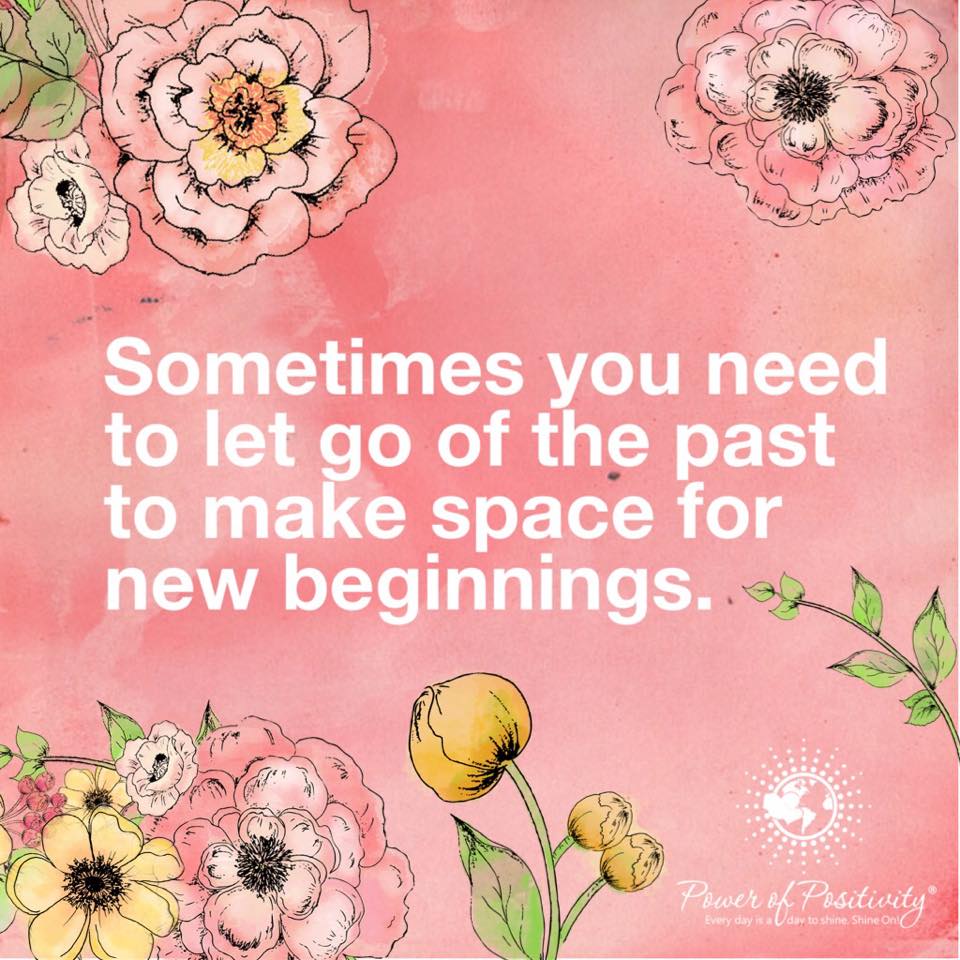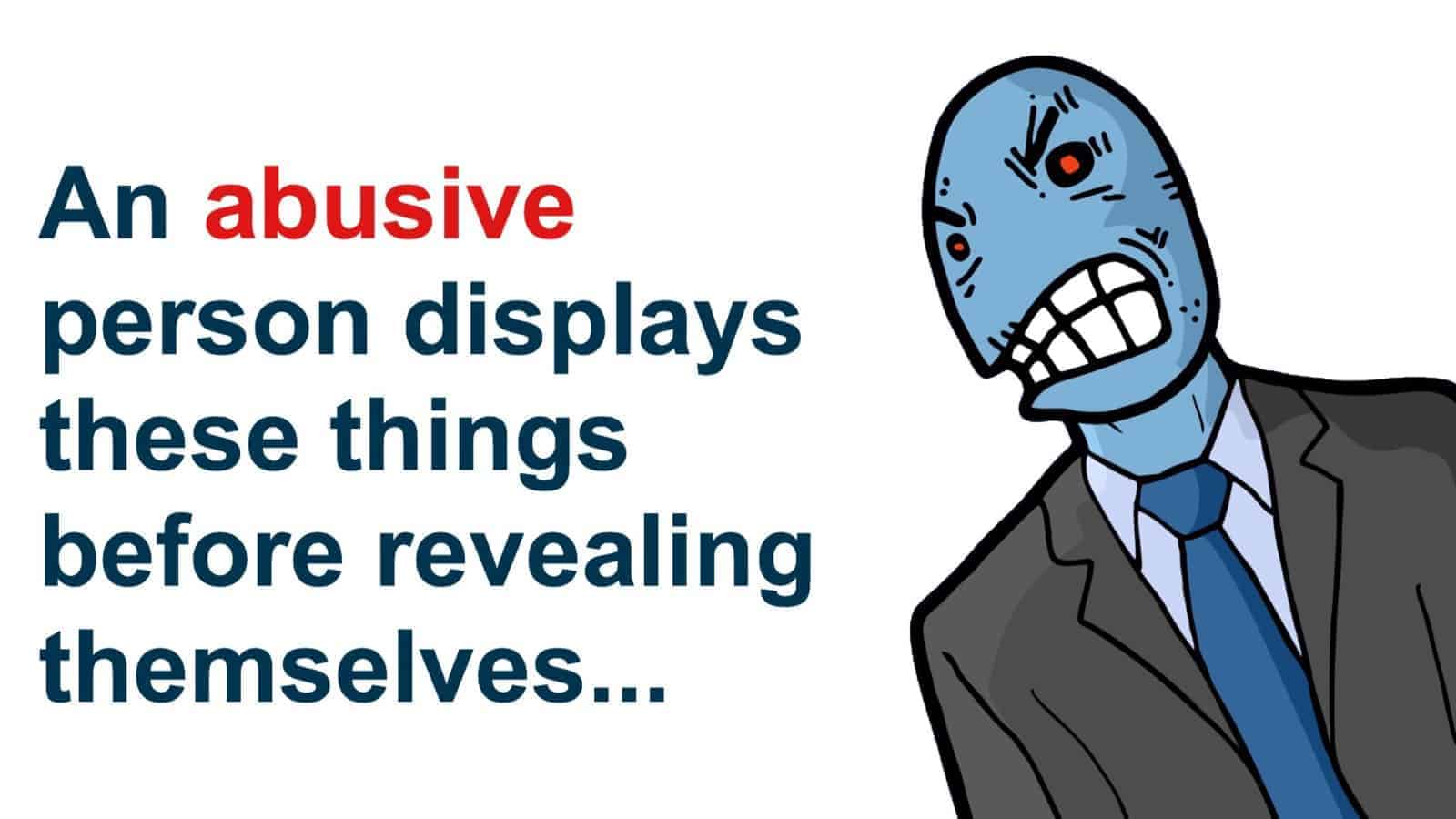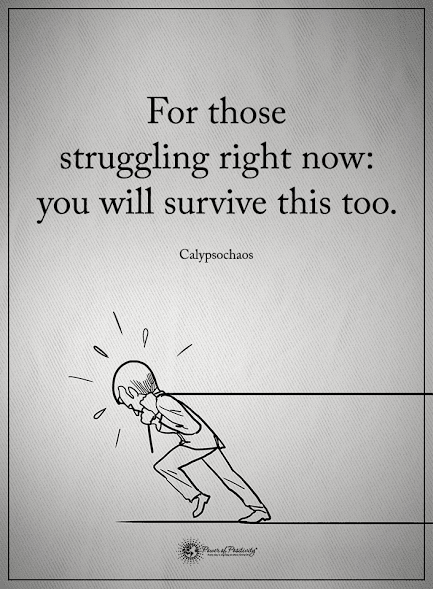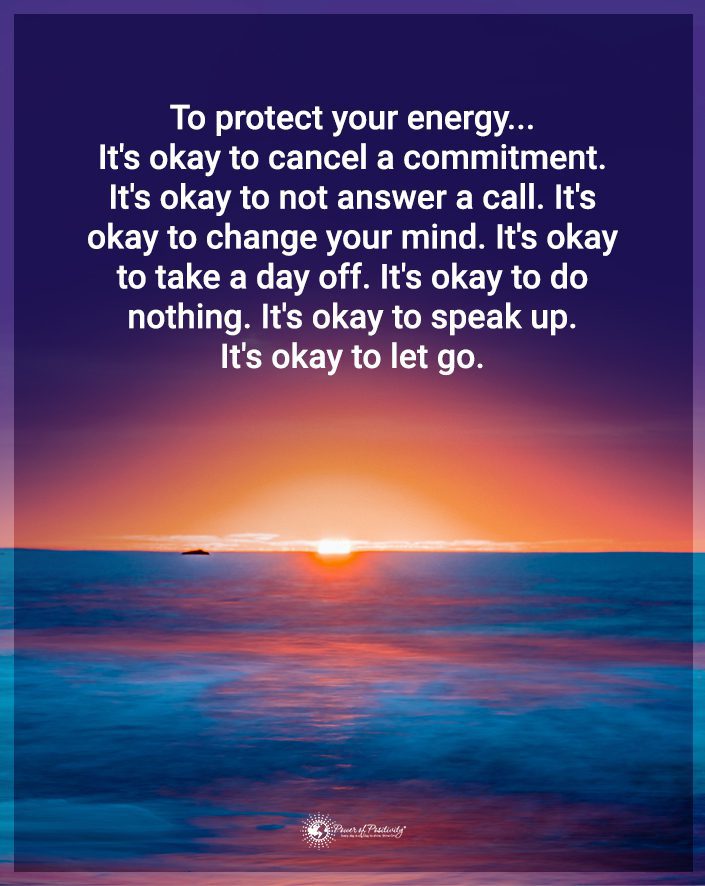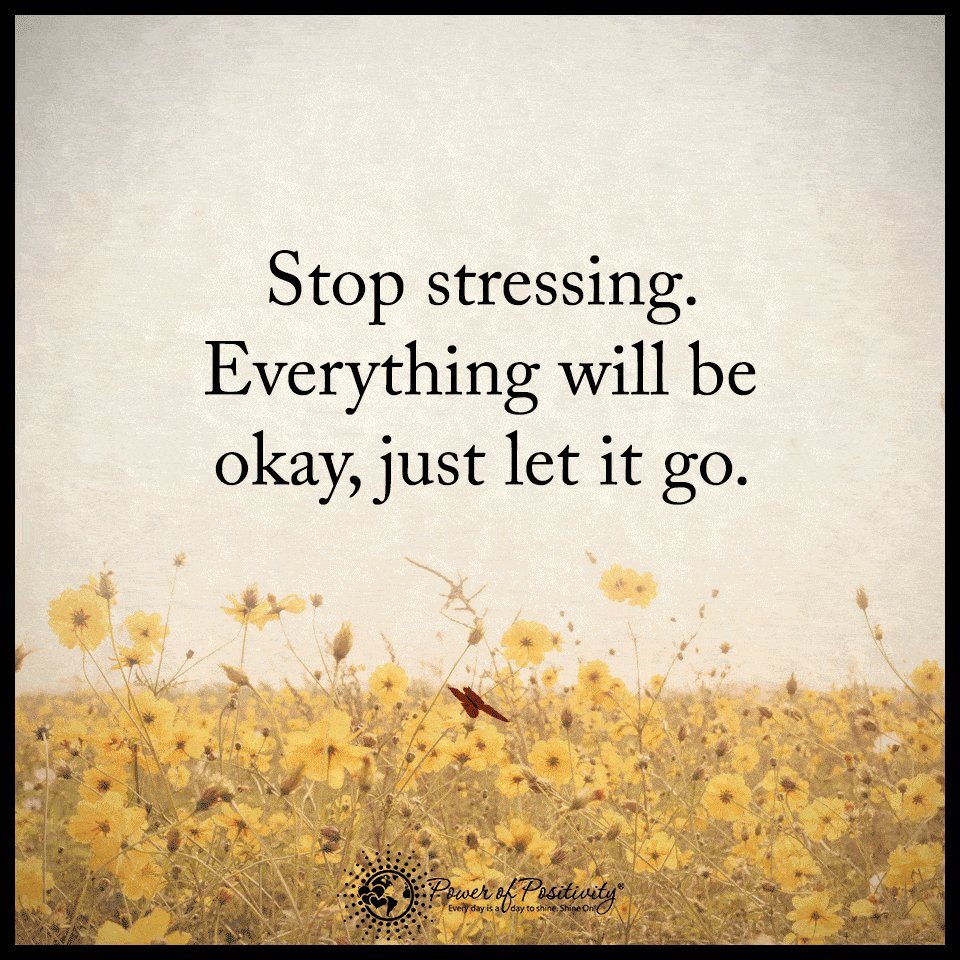I’ve heard of falling in love, but hardly have I come across people who have fallen out of love. Is this even possible? Can your partner suddenly stop loving you? Before we answer that question, you must know that there’s a huge difference between ‘loving’ and ‘being in love’.
“Falling out of love is one of those awful parts of life that we don’t want to think about until we sense that it’s happening to us. At first, we think we’re imagining things, it’s rare we stop and ask ourselves, “does he love me?” But pretty soon it becomes clear that something is really, really wrong,” says dating coach Elizabeth Stone.
Letting go of someone that you never thought you would have to let go of is a difficult thing. When someone has stopped loving you, it may feel like the world won’t continue spinning. However, we all know that isn’t true. Letting go and moving forward with life is entirely possible, and it’s the healthy solution to having to say goodbye to someone you once loved.
When it’s time to let go and say goodbye, we are often left wondering how to go about doing that. After all, it’s not something that’s taught to us in school. Here are the best ways to let go of someone who’s stopped loving you, and move forward to a better and healing tomorrow.
Here Are 5 Ways To Help You Emotionally Release Someone Who Stopped Loving You
“Nothing in the universe can stop you from letting go and starting over.” – Guy Finley
1. Understand why you broke up
What was it about the relationship that wasn’t working? What caused the rift that had the both of you part ways in the first place? If you can’t pinpoint the exact reason, you may want to think about what went wrong in the relationship. This doesn’t mean that it was your fault, their fault, or anyone’s fault.
Sometimes, people don’t work out in a relationship. That doesn’t mean there must be a good and bad guy in the breakup story. Even if it still hurts, understanding why the relationship ended is the first step to allowing yourself to let them go and learn to say goodbye.
You can stay civil and on speaking terms if necessary–or you can part ways for good. There’s no right or wrong answer, just what is best for your heart.
2. Take your time
You don’t need to get over your heartbreak right away. There’s a reason that the phrase “time heals all wounds” is as popular as it is. While it may not be true in the sense that time heals ALL wounds, taking your time can indeed make healing a lot easier. If you try to push yourself into feeling better and bottle up how you’re feeling, it will only come back ten times harder than before.
“Sometimes time shows us that the feelings we felt were only to be felt in passing — as we passed on by and on to the next individual we love. That’s why you have to give time a chance. Even if it doesn’t do the trick of healing all your wounds, it will most certainly numb the pain. It will turn those vivid memories into blurry renditions,” says entrepreneur Paul Hudson.
When you’re learning to let go, the most important thing to do is to let yourself take all the time you need to heal. One day, you’ll wake up and realize that you aren’t feeling the same pain as when it first happened.
3. Understand why you need to let them go
Relationships don’t always end for good. There are times where a relationship can be rekindled and put back together. However, when you’re saying goodbye to someone who has stopped loving you, it’s best to understand that the relationship will not likely be fixed. Sometimes, we need to understand that relationships end so we can move forward and find that special relationship we’re meant to be in forever.
Understanding why you need to let them go is a great tool in healing “because if you don’t those emotions will catch up with you, and you’ll end up doing something that you’ll later regret,” adds Hudson. Once you have that understanding, you will no longer feel the need to be drawn back into a relationship that has reached its expiration date.
4. Meet new people
This doesn’t mean that you have to start going on dating apps and meeting people in bars right after you’ve said goodbye. Hooking up with people won’t fix that feeling of heartbreak. However, surrounding yourself with new people will aid in your recovery. You won’t fall in love with someone new right away, but if you allow yourself to enjoy new people, you may “fall in love” with parts of people, which can help you get the feeling back in your life as it moves forward.
Surrounding yourself with new people will also allow you to fill your days with learning about new people instead of wallowing. Also, be careful with rebounding because “at these early stages of grief, it’s easy to have tunnel vision: You dwell on what was wrong in the relationship—what hurt and wounded you,” says doctor and author Robert Taibbi, L.C.S.W.
So, what does this mean?
Whenever you are ready–you get to decide! Don’t cave into peer pressure. Let your heart heal, then consider relaunching your social life.
5. Open yourself to finding love
When we say goodbye to someone we truly love, it can feel like that was it for us. We met the love of our lives, and it didn’t work out, and there’s no one else for us. But that isn’t true! Spiritual matchmaker Heather Kristian Strang says, “In a spiritual sense, all true love is eternal. Death, breakups, divorce — whatever it may be — cannot destroy a true love.”
Therefore, closing yourself to love can shut you off from finding the person you were meant to be with. Sometimes, relationships end so that we can find the love of our lives. When you meet that person, all of the pain from saying goodbye to your last love will heal like never before. Keeping yourself open to love is going to be the thing that helps you heal and move forward, every time.

Final Thoughts on Moving on When Someone Stops Loving You
Saying goodbye is a difficult task. When we think that the person we were with will be with us forever, figuring out how to let them go isn’t easy. However, it can be done, leading us to richer, more fulfilling lives. It can even lead us to meet the love of our lives. Don’t be afraid of letting go and healing, even if it hurts for a while.

